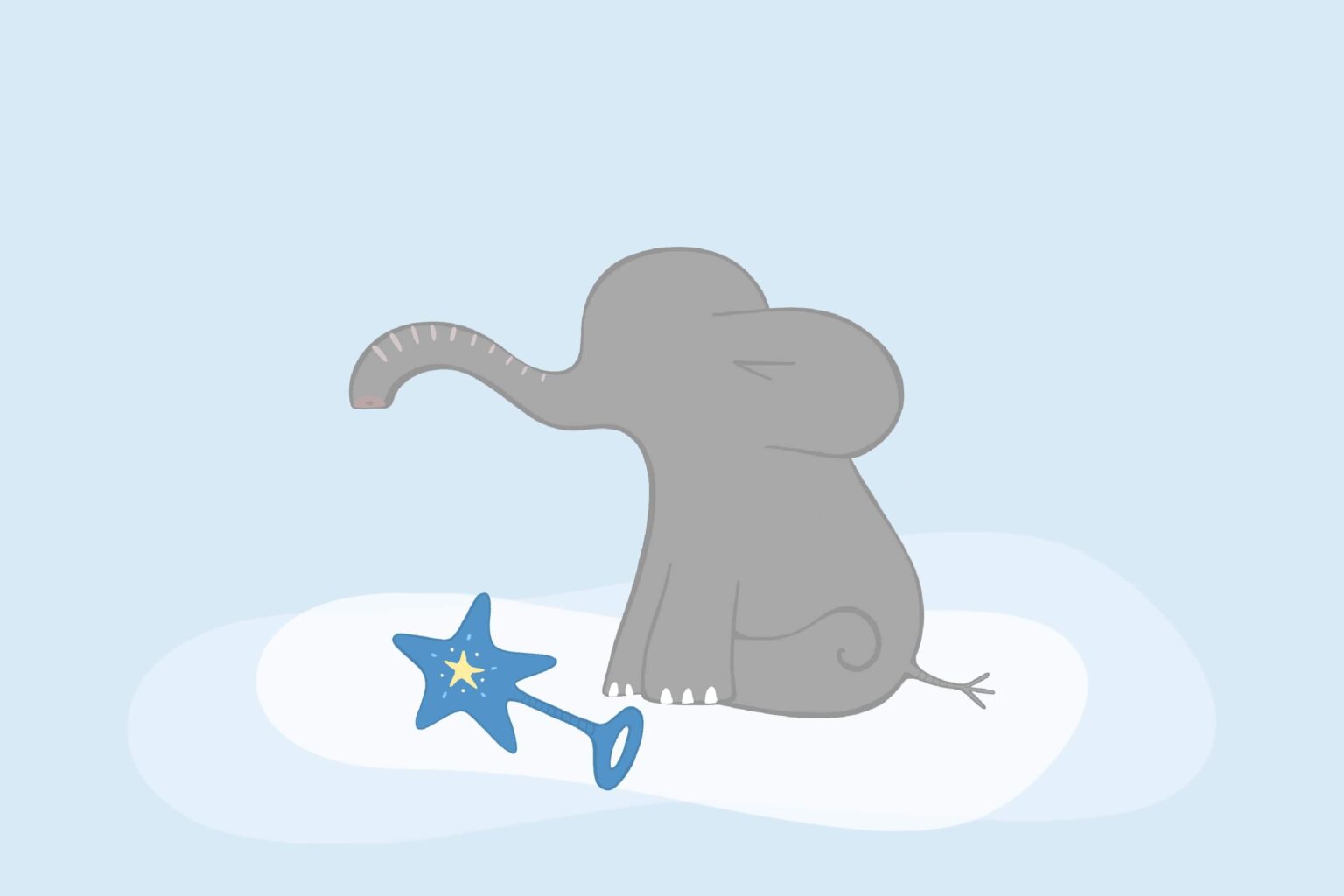Baby Development: Your 5 Month, 2 Week Old

5 Month, 2 Week Old : One of the great delights of parenting is watching your baby’s personality slowly emerge as he or she ages. You might find character traits you recognize in yourself, your spouse, or your even other family members. The formation of character is actually a highly complex interaction between nature and nurture — this means you have some say over how your little one will develop, but in reality, much of his or her personality is hardwired into DNA long before birth.5 Month, 2 Week OldOne of the great delights of parenting is watching your baby’s personality slowly emerge as he or she ages. You might find character traits you recognize in yourself, your spouse, or your even other family members. The formation of character is actually a highly complex interaction between nature and nurture — this means you have some say over how your little one will develop, but in reality, much of his or her personality is hardwired into DNA long before birth.
Baby Development: Your 5 Month, 2 Week Old
Still, as a parent, learning to recognize your child’s personality and character traits can be a powerful parenting tool. Child development experts have identified nine character traits that tend to emerge in babyhood that may give you clues to your child’s future personality. These include:
1. Activity Level: Some babies always seem to be on the go and playing, while others are quieter and more reserved.
2. Adaptability to Change: Some babies tend to adapt to changes in routine or new activities more than others.
3. Approach/Withdrawal: If your child seems to respond well to strangers and new situations, he is more open to approach and less prone to withdrawal.
4. Distractibility: This term refers to how your child responds from one task to the next. For example, is your child easily distracted by sights or sounds when drinking a bottle or playing with a particular toy? If so, he or she is considered easily distractible. This doesn’t have to be a bad trait. Instead, it can mean that a baby may be easy to re-direct when he or she is experiencing an undesirable behavior.
5. Intensity: Some children tend to react more strongly than others to events and show a variety of emotions at an early age.
6. Mood: Babies can have boisterous personalities or may be happy and calm.
7. Persistence: Persistent babies will continue to work a puzzle, sometimes to the point where they have to be told to stop. Other children may move on to another toy if they have difficulty completing a task.
8. Regularity: If your child displays predictable behaviors, such as liking regular bedtimes, naptimes, and feeding times, these are all indicators that your baby responds to regularity. Others may be more flexible with their times.
9. Sensory Threshold: This measurement is an indicator of how your child responds to the world around him, including noises, sights, and temperature changes. If a child seems to startle more easily, he or she is considered more sensitive than a child that does not.
Each of these temperament traits may influence your baby’s personality later on in life. By thinking through these temperament traits, you may be able to predict some of what you can expect as your baby gets older.
How to stimulate your baby’s personality
To see more of your little one’s emerging personality in the coming weeks, there are several ways you can stimulate your baby given what you already know about his or her temperament.
If your baby seems easily overwhelmed, plan ahead to try to keep outside stimulation to a minimum or for limited amounts of time. Pick up on your baby’s cues early, before he or she becomes incredibly fussy. Provide a calm environment where your child can explore and play but without extra stimulation from noises, bright colors, and people tugging at him or her. If your baby is very sociable, join a playgroup or take him or her to a park to enjoy interactions with others.
If your baby tends to be slow to warm up, you may want to limit playtimes to one or two babies. As he or she gets older, they’ll show you when they are ready to interact more by entertaining company with funny faces or reaching for others. But just in case they don’t, as he or she gets older, you will learn to help your baby socialize with others using their cues and their likes.
If your baby is sensitive, try to keep the environment as soothing as possible. This means playing music softly, keeping the lights low, and talking to him or her in a soft voice when settling in for the night or a nap.
If your baby is less sensitive, you may need to look for subtle clues and changes as he or she is less likely to show you when a diaper is dirty or even when they aren’t feeling their best.
Want to know more about your baby’s developing personality? Check out our Q&A with Bundoo Child Psychologist, Eva Roditi.
Powered by Bundoo®










